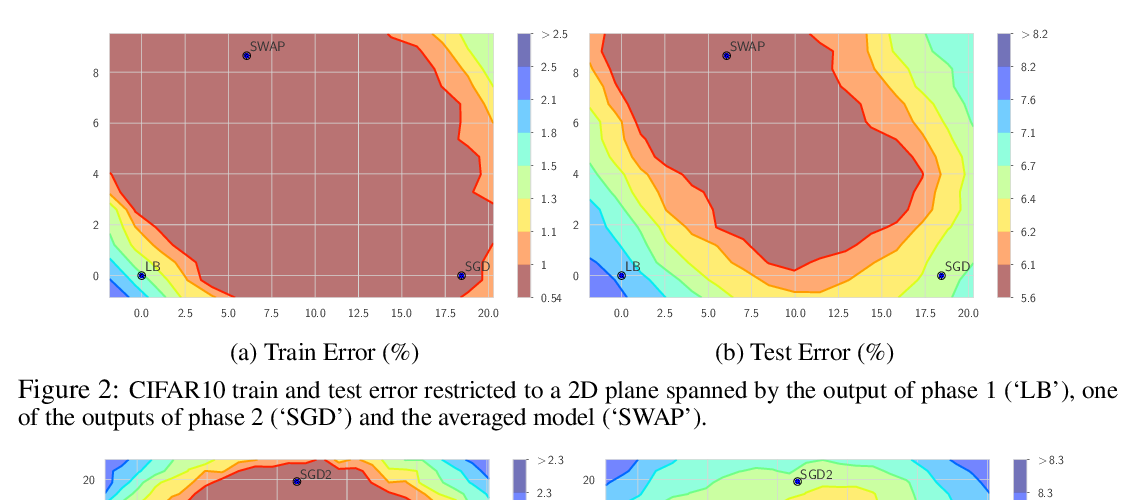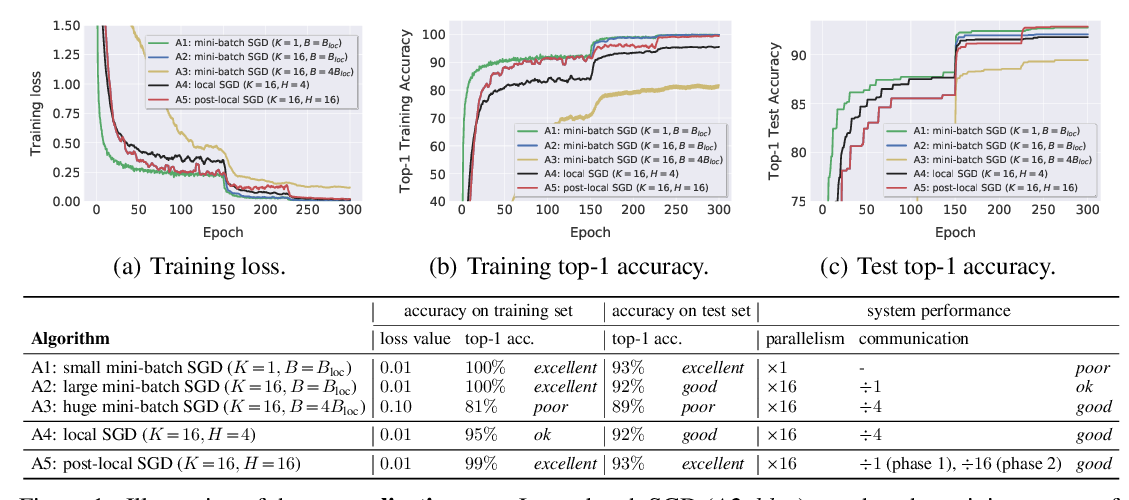Abstract:
Automatic differentiation frameworks are optimized for exactly one thing: computing the average mini-batch gradient. Yet, other quantities such as the variance of the mini-batch gradients or many approximations to the Hessian can, in theory, be computed efficiently, and at the same time as the gradient. While these quantities are of great interest to researchers and practitioners, current deep learning software does not support their automatic calculation. Manually implementing them is burdensome, inefficient if done naively, and the resulting code is rarely shared. This hampers progress in deep learning, and unnecessarily narrows research to focus on gradient descent and its variants; it also complicates replication studies and comparisons between newly developed methods that require those quantities, to the point of impossibility. To address this problem, we introduce BackPACK, an efficient framework built on top of PyTorch, that extends the backpropagation algorithm to extract additional information from first-and second-order derivatives. Its capabilities are illustrated by benchmark reports for computing additional quantities on deep neural networks, and an example application by testing several recent curvature approximations for optimization.



